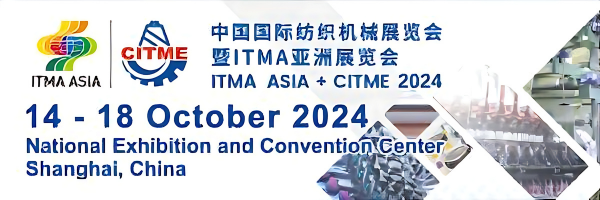In a groundbreaking investigation jointly conducted by the Netherlands Ministry of Infrastructure and Water Management and Circle Economy, Kenya‘s significant role as a destination for low-quality second-hand clothes has been unveiled. The findings paint a stark picture of a country grappling with environmental degradation, gender disparities, and the urgent need for sustainable solutions.
Complex Network Unveiled
The investigation reveals a sophisticated web responsible for channeling substandard textiles from the Netherlands to Kenya. Through cloth laundering hubs strategically located in Poland and Pakistan, thousands of tonnes of low-quality textiles find their way into Kenya annually, perpetuating the cycle of disposal and environmental harm.
Environmental Impact and Health Hazards
With an influx of 150 to 200 tonnes of used textiles entering Kenya daily, the environmental repercussions are dire. Landfills overflow with unusable clothing, while open burning contributes to air pollution and health hazards for nearby communities. Rivers and informal settlements bear the brunt of this textile waste, exacerbating existing environmental challenges.
Gender Disparities in the Industry
Beyond environmental concerns, the investigation sheds light on gender disparities within Kenya’s second-hand clothing industry. While men dominate recycling and sorting enterprises, women are often relegated to lower-wage, manual labor-intensive tasks. This imbalance underscores the need for inclusive policies and opportunities within the sector.
Call for Sustainable Solutions
Amidst these challenges, stakeholders are urged to prioritize sustainable practices and regulatory measures. From enhancing quality control mechanisms to fostering greater transparency in the supply chain, concerted efforts are needed to mitigate environmental impact and promote fair labor practices.
The Path Forward
As Kenya grapples with its role as a dumping ground for second-hand textiles, collaboration between government, industry, and civil society is paramount. Initiatives aimed at promoting circular economy models, empowering women within the industry, and investing in waste management infrastructure are essential steps towards a more sustainable and equitable future.
In conclusion, the Dutch investigation serves as a wake-up call for Kenya and the global community to address the systemic challenges facing the second-hand clothing industry. By embracing innovation and collective action, we can pave the way towards a more environmentally conscious and socially inclusive textile sector.

















